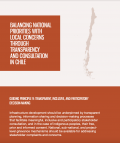
Chile has established large national parks and other protected areas and has increasingly incorporated different dimensions of sustainability into public policy. The country is home to nine indigenous groups: Aymara, Atacameño, Quechua, Diaguita, Kolla, Rapa Nui, Mapuche, Kawéskar and Yagán, and the regions they inhabit often lie hundreds of kilometres...
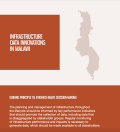
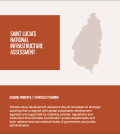
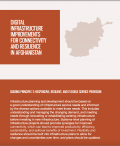
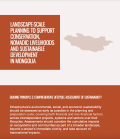
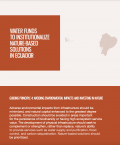
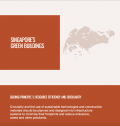
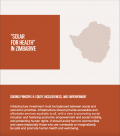
Zimbabwe’s social infrastructure services have historically been constrained by persistent energy shortages. Healthcare has been among the systems most affected by this massive power deficit. To help address these issues, in 2017, Zimbabwe began implementing the Solar for Health (S4H) Initiative with the United Nations Development Programme to harness the...
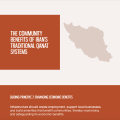
Iran occupies a large expanse of predominantly arid or semi-arid land in West Asia. In this geographic context, qanats – traditional water systems for transporting and distributing water from sources in upland areas to dry plains – have historically provided a solution that sustains livelihoods and economic opportunities.
This case...
